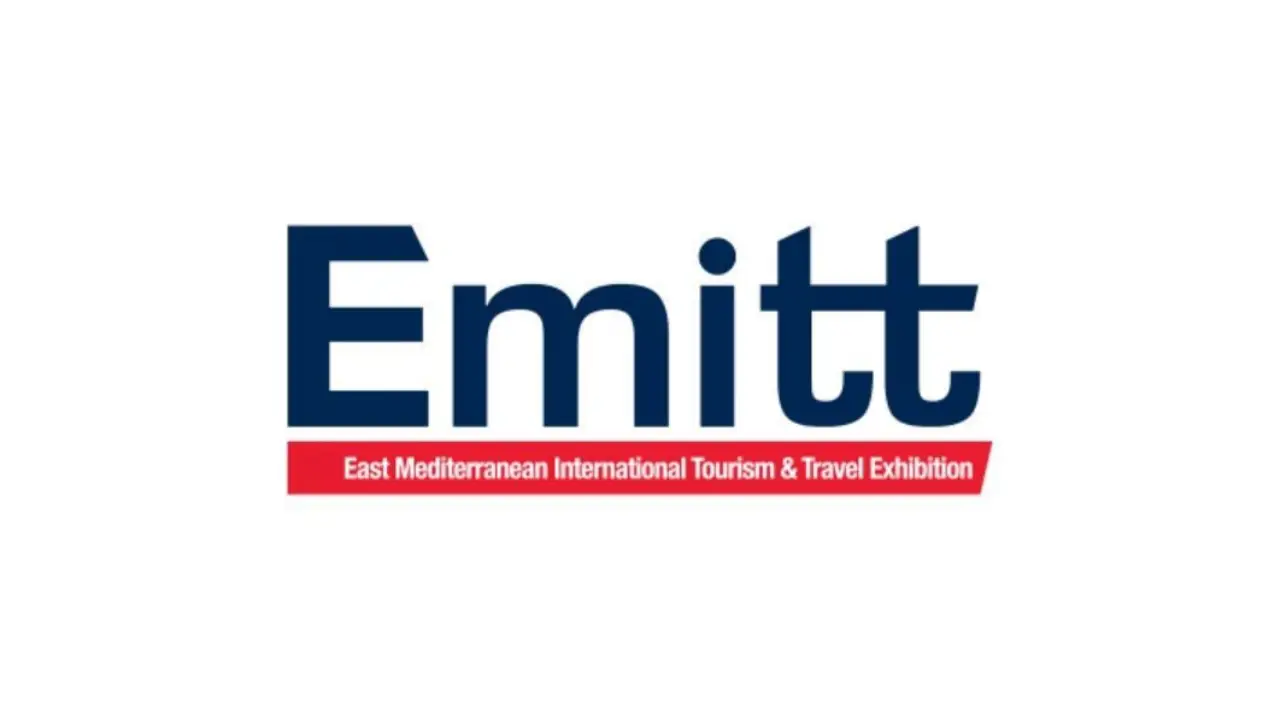At the Tourism Innovation Summit (TIS) 2024, sustainability and smart tourism management took center stage as key strategies for the future of Spain’s tourism sector.
During the session titled, “Inauguracion Foro de Regiones Turisticas Innovadoras” or in English; “Inauguration of the Forum of Innovative Tourist Regions”, representatives from several regions, including Andalucía, the Canary Islands, and Valencia, discussed how they are adapting to promote sustainable tourism and improve the well-being of local communities.
Sustainability, particularly social sustainability, was highlighted as a critical component for long-term success in tourism. Jessica de León, the Tourism and Employment Minister of the Canary Islands, noted the importance of energy efficiency and the renovation of outdated hotel infrastructure. The Canary Islands have implemented regulations to encourage these upgrades, with a specific focus on reducing carbon footprints. De León also emphasized the role of technology, showcasing an app that helps companies measure their CO2 emissions and raise awareness of environmental impacts.
Arturo Bernal, the Minister of Tourism for Andalucía, echoed these sentiments, calling social sustainability the region’s most pressing challenge. Andalucía has utilized €40 million in European funds to combat drought and educate the population on responsible water usage. Bernal stressed the importance of presenting tourism as an efficient and responsible sector that benefits both visitors and residents.
In contrast, Nuria Montes, Minister of Innovation, Industry, Commerce, and Tourism for the Generalitat Valenciana, expressed concerns about the lack of European funding for sustainability projects, even though all Spanish regions are aligned on the importance of sustainability. She called for greater financial support from national authorities to realize these goals.
Beyond sustainability, the forum also addressed the evolving behavior of travelers, with an increasing demand for meaningful, experience-driven travel. Both Bernal and De León emphasized the need to redefine the ideal tourist, with Bernal reminding attendees that tourists are individuals who should be treated as such.
Another focal point of the discussion was the role of artificial intelligence (AI) in enhancing the competitiveness of tourist destinations. Miguel Ángel Rodríguez, Director General of the Government of Canarias, and Bernal both agreed that AI has the potential to transform the tourism industry, making it more efficient and responsive to future challenges. Montes was particularly adamant that public administrations must accelerate the adoption of AI to better serve the sector.
In addition to sustainability and technology, housing and its connection to tourism were key discussion points. The regional leaders unanimously agreed that the current housing crisis in Spain is not driven by vacation rentals, but rather by new housing regulations that have led to a reduction in available rental properties. Jaume Bauzá, Minister of Tourism, Culture, and Sports for the Balearic Islands, defended the tourism sector, stating that it contributes significantly to Spain’s GDP. Bauzá also introduced an initiative to engage the public and industry stakeholders in addressing housing challenges through a digital platform.
To improve tourist flow management, Laura Martínez, Director General of Tourism and Hospitality for the Community of Madrid, highlighted the importance of balancing residential and tourism needs. This requires intelligent planning and regulating both legal and illegal tourism offerings, according to Josep Aloy, Director General of Tourism for the Balearic Government.
As Spain prepares to welcome an estimated 91 million international tourists in 2024—a 7% increase from 2023—the discussion at TIS 2024 reflected the urgency of adopting sustainable practices and smarter tourism management to ensure the continued success of the industry.













